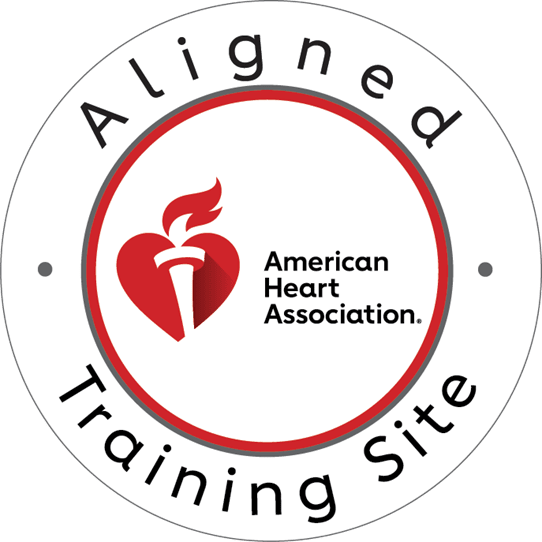Are you looking for a new job in healthcare or hankering after a promotion? The healthcare landscape is competitive, and you need every advantage you can get to stand out from the competition.
While basic CPR certification is a must just to get your resume in the door, adding Resuscitation Quality Improvement (RQI) training can show potential bosses that you’re serious about keeping your CPR skills sharp.
Does RQI look good on a resume? Absolutely, and in this blog post, we’re going to explain why.
Understanding RQI Certification
If you’ve worked in healthcare for any length of time, you’re no stranger to the biannual Saturday CPR refresher. While this method is certainly useful … with so much time between sessions, it’s easy for vital skills to slip, fade, or feel less instinctive when they matter most.
The American Heart Association considers poor-quality CPR to be a “preventable harm,” and has found that only 25% of patients survive an in-hospital cardiac arrest in the United States.
Resuscitation Quality Improvement (RQI) is a relatively new protocol designed by the AHA that provides quarterly training for CPR skills. The program aims to increase patient survival outcomes by offering more regular and consistent training with the use of mobile simulation stations located in hospitals..
The Value of RQI Certification for Healthcare Professionals
Training through the RQI program doesn’t just make you better at your current healthcare job. It also shows potential future employers that you’re serious about keeping your CPR skills as fresh as possible. In fact, research finds that “low-dose, high-frequency training sessions (or “booster” sessions) more than doubled providers’ retention of high-quality CPR skills.”
When you add an RQI certification to your resume, it shows that:
- You practice your CPR skills on a quarterly basis
- You regularly receive real-time feedback and performance tracking with your training
- You’re committed to the latest resuscitation science
What’s there for a future employer not to love?
How to List an RQI Certification on Your Resume
Ready to create or refresh your resume before taking the job market by storm? List your RQI certification prominently in the section of your resume dedicated to Certifications or Professional Credentials. These sections should be near the top of your resume.
Use the proper formatting, which should be: certification name, issuing organization, and expiration date. For example:
Certifications
Resuscitation Quality Improvement (RQI), American Heart Association, Valid through [Date]
It might also be a good idea to include the terms “RQI” and “quarterly training” to improve your chances of passing automated resume scanning programs.
Is RQI Certification Recognized by Employers?
It’s impossible to guarantee that every potential employer will recognize the value of an RQI certification on your resume, especially if you’re looking for roles outside of the healthcare space. However, it is accurate to say that RQI certification is being rapidly adopted throughout the healthcare industry.
Keep in mind that RQI represents the American Heart Association’s new standard of care for CPR training. The AHA has an incredibly strong reputation within the medical community.
Even employers who aren’t yet familiar with the RQI certification will likely recognize the AHA endorsement.
In other words, you really can’t go wrong with adding an RQI certification to your resume.
Boost Your Healthcare Career Prospects with RQI Certification
Hopefully, by now, we’ve answered the question, “Does RQI look good on a resume?” The answer is a resounding yes. RQI certification shows that you’re serious about keeping your CPR skills as fresh as possible so you can give your future patients better outcomes in the event of a cardiac arrest.
Employers are also increasingly recognizing that RQI certifications represent the highest standards for patient care.
Ready to get serious about your career advancement? CPR Cart makes RQI certification convenient and accessible. You can take our online CPR courses at your own pace and then visit one of our CPR Carts (RQI) for a 30-minute hands-on skills test. Once you pass the test, you’ll immediately receive your AHA certification.
Sign up for our BLS, ACLS, or PALS certification course today.

